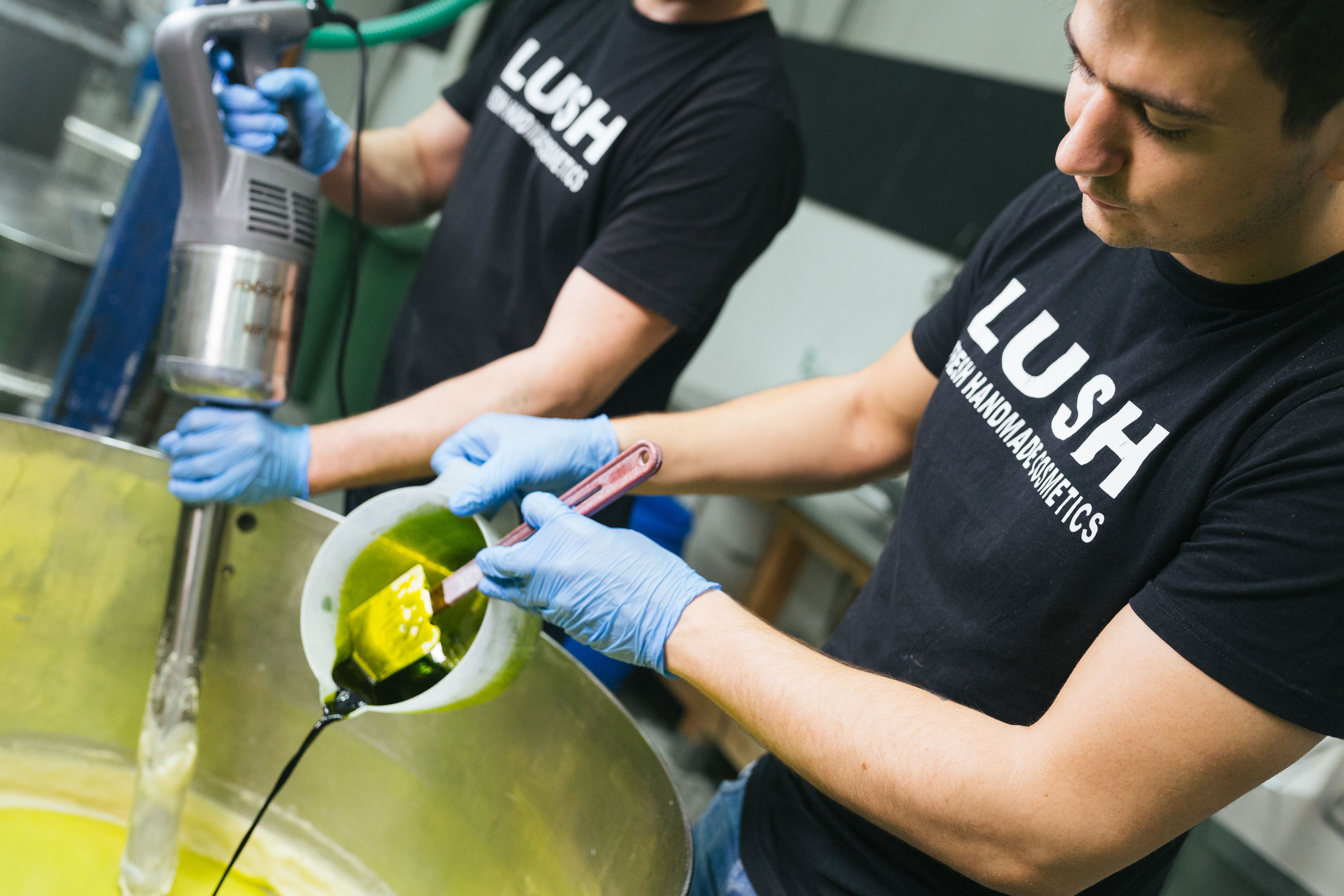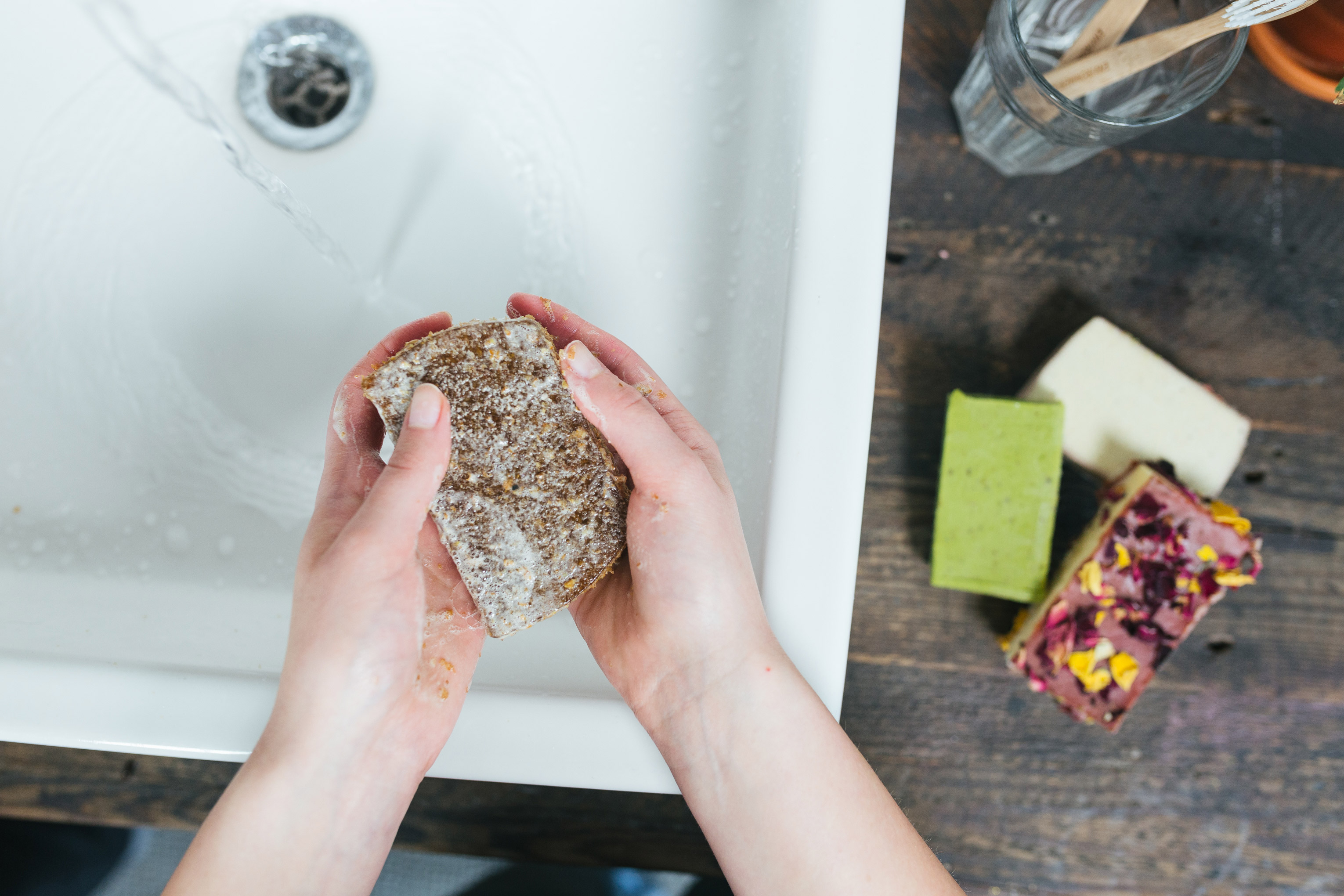Palm oil production is killing ancient forests, endangering wildlife and destroying communities.
Did you know that you could help to save a rare Sumatran tiger simply by choosing a soap, shampoo or laundry detergent that doesn’t contain palm oil? These products, and many more consumer items, from make-up to ready meals, use palm oil, the manufacture of which is causing environmental havoc in some of the world’s most beautiful forests and risking the lives of endangered species and indigenous people.
What is palm oil?
Palm oil and palm kernel oil are vegetable oils obtained from the fruit of the oil palm tree. Accounting for 40% of the world’s vegetable oil production in 2012-13, palm oil and its derivatives are used in a wide range of beauty products, foods such as cereals, ready meals and margarine, and in everyday household items from candles to cleaning products. It’s often listed just as vegetable oil, so you won’t always know that you’ve chosen an item with palm oil in it. Recently, palm oil has begun to be used in biofuel production too.
Palm oil production presents a simple and catastrophic problem. To produce palm oil, tropical forests are razed to make way for palm tree plantations. These forests have been the natural habitat of ancient tribes and much wildlife for thousands of years, and when the palm plantations come the wildlife and communities are displaced and die out. With animals killed illegally to make way for plantations and human rights abused, it’s hard to wash your hands clean with soap made from this ‘conflict’ palm oil.
Chris Wille is Chief of Sustainable Agriculture for the Rainforest Alliance, an organisation that has been working for 25 years to show how tropical farms, including palm oil plantations, can be managed in ways that minimise the environmental impact and maximise the social and economic benefits.
According to Wille: "The environmental costs of replacing rainforest - the most biodiverse ecosystem on the planet, hosting half of all the plant and animal species - with an intensive monoculture like oil palm are tremendous.
“Local communities are pushed off their ancestral lands and asked to exchange their hunting and gathering culture for a new life as palm oil farmers for the large companies. Wildlife also suffers, as it can't live in a plantation. The dramatic oil palm expansion threatens already endangered species.”
The statistics are startling. "Most oil palm farms are in Malaysia and Indonesia; these countries produce 80% of the world's palm oil,” says Wille. “Indonesia is losing one million hectares of rainforest a year, mostly to palm mining and logging. Indonesia has just one percent of the Earth’s land surface but 10% of plant species, 12% of mammals and 17% of birds. At the current rate of deforestation in Indonesia, mostly driven by palm, 98% of the country's forests will be gone by 2022, according to the United Nations Environment Programme.”
Sumatra, an island in Western Indonesia has been particularly exploited. Sumatran tigers are an endangered species and Sumatran and Bornean orangutan populations have plummeted. In 1900 there were 315,000 orangutans in the wild, now there are only 50,000 worldwide. Experts say that the species could be wiped out within 12 years if deforestation is not halted.
The problems don’t stop there. Mass palm oil production also puts local farmers at risk by forcing them to compete for water and other basic natural resources, and the US Department of Labor lists palm oil as a product known to be associated with child labour. Plus, annual carbon emissions from deforestation in Indonesia alone, much of which stems from palm oil plantation expansion, are now greater than the emissions from the all of the cars, trucks, planes and ships in America combined.
No palm oil in Lush’s gourmet soap bases
Tackling the use of palm oil in cosmetics is a massive task, and removing sources from our gourmet soap base is an important step in eradicating palm oil from all our products.
Initially Lush collaborated with its suppliers to produce a palm oil free soap base, which contained a blend of rapeseed oil and coconut oil. This is what Lush uses is most of its soaps today. Since then Lush has also gone a stage further to develop our own in-house soap base, resulting in 100% palm oil free soap Movis, made from sunflower oil, Fair Trade organic FUNDOPO cocoa butter, extra virgin coconut oil and wheatgerm. This in-house base is now used throughout the reformulated gourmet soap range, which launched in 2017 online. Experimenting with an in-house soap base enables greater creative control of the soaps production process, along with full transparency and traceability of the ingredients used.
"Local communities are pushed off their ancestral lands and asked to exchange their hunting and gathering culture for a new life as palm oil farmers for the large companies."


